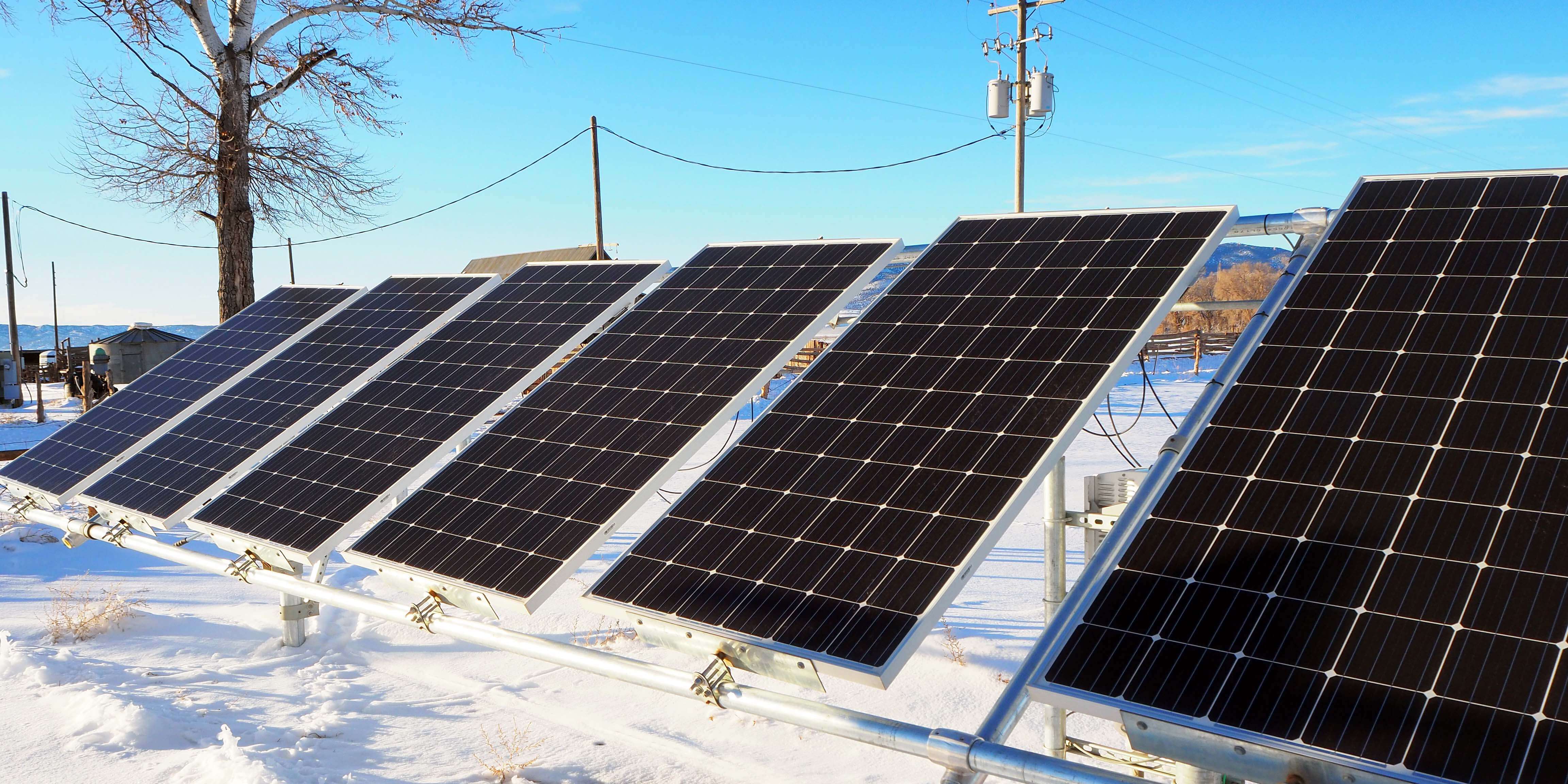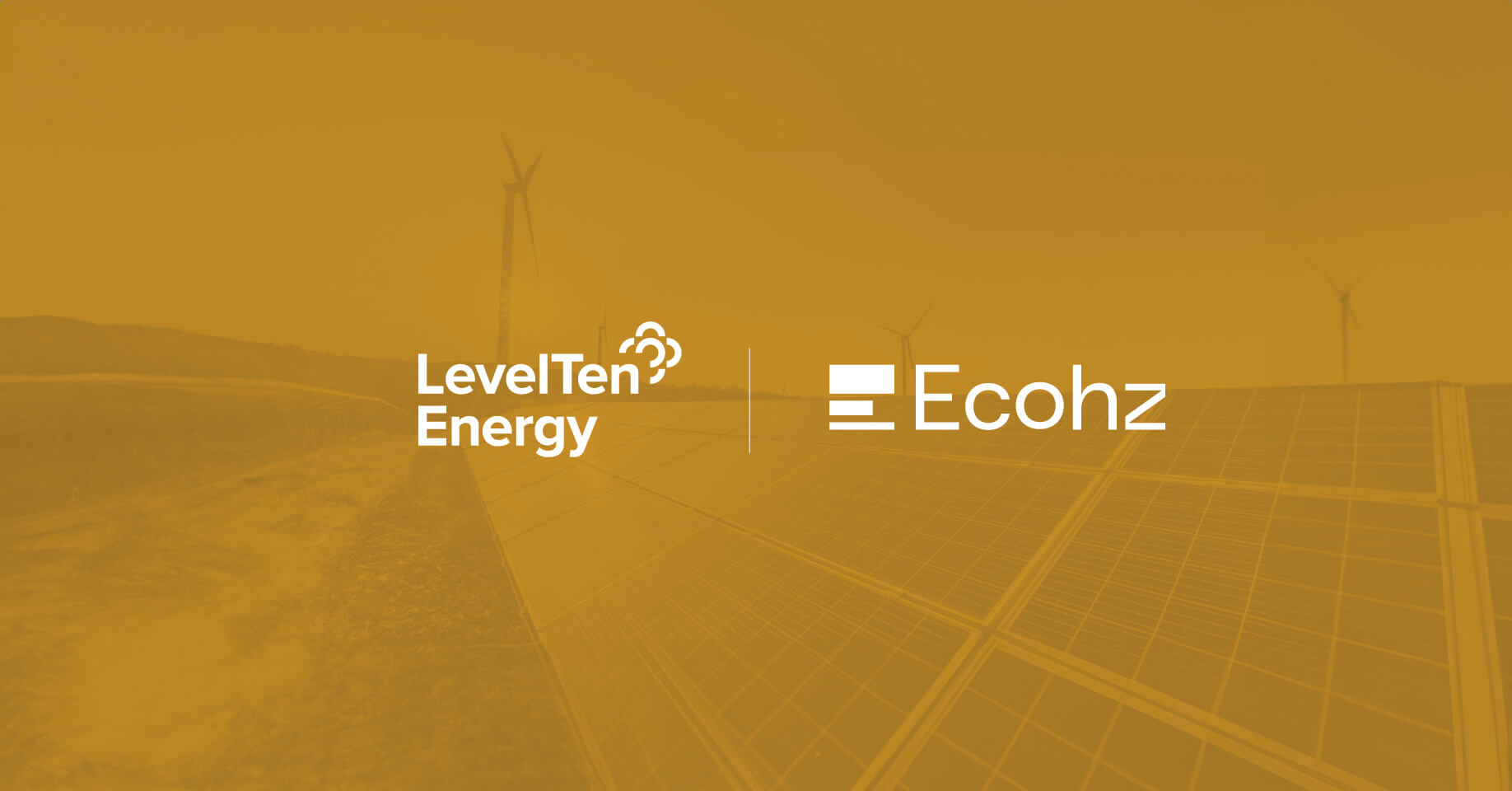On March 6, the US Securities and Exchange Commission (SEC) adopted new disclosure rules requiring public companies in the United States to report climate impacts and risks. The SEC approved the rules in a split vote after months of negotiations that saw the original proposal modified to accommodate critics' concerns. Notably, requirements for reporting Scope 3 emissions were scrapped.
The rules follow on the heels of the European Corporate Sustainability Reporting Directive (CSRD) and the California Climate Accountability Package (CCAP). They require companies that raise money from the public – both domestic and foreign with operations in the US – to assess and disclose climate-related risks to provide investors with valuable information. In this article, we offer a summary of the SEC climate disclosure rules – what they say, which organizations are covered, and what companies can do to get ahead of the new obligations.
What do the SEC climate disclosure rules say and what do they try to achieve?
The new rules state that public companies should disclose climate-related risks and impacts deemed material to their business. These include:
- Climate-related risks material to the company’s strategy, business model, and outlook.
- Activities and strategies undertaken to adapt to or mitigate said climate-related risks, as well as resulting expenditures and financial impacts of said activities.
- Regarding a registrant’s activities to mitigate material climate-related risk, the use of transition plans, scenario analysis, or internal carbon prices.
- Information on the oversight by the board of directors of climate-related risks and the role of management in assessing and managing material climate-related risks.
- Climate-related targets and goals and related expenditures, as well as any processes for assessing and managing material climate risks and how these integrate into companies’ overall risk management system.
- Costs and expenditures on Renewable Energy Certificates (RECs) and carbon offsets, if material to the climate risk management strategy.
- Cost and losses due to severe weather events.
- For companies classified as large accelerated filers (LAFs) and accelerated filers (AFs), Scope 1 and Scope 2 emissions material to the registrant’s business model. Later, an assurance report will also be required.
The term material is understood as having an impact on a company’s business strategy or financial performance. It is up to reporting companies to define what is material to their business.
The rules do not contemplate Scope 3. Supply chain emissions were considered in the SEC’s original proposal but were removed after pushback from critics and companies concerned about receiving an oversized reporting burden.
The rules aim to provide quantitative and qualitative information for investors that goes beyond what they see on annual financial reports. They give filing companies precise requirements and offer the public consistent and comparable data on companies’ climate strategies.
Who is covered by the rules?
All domestic and foreign registered public companies must provide reports. Disclosure of Scope 1 and 2 emissions apply to companies classified as large accelerated filers (LAF) and accelerated filers (AF) only. The rest will file reports on all other disclosures detailed above, including material climate risks, risk management strategies, climate targets and goals, and material expenditures.
LAF will submit their first reports in 2026 with information for the financial year 2025, excluding material climate-related expenditures and Scope 1 and 2 emissions, which will be included starting the year after. AF will begin one year later, starting with the financial 2026.
All other public companies, known as smaller reporting companies (SRCs), emerging growth companies (EGCs), and non-accelerated filers, will begin their disclosures with the financial 2027.
What role do Renewable Energy Certificates play in the new SEC rules?
Renewable Energy Certificates (RECs) are part of the disclosure requirements. Registrants must report the “capitalized costs, expenditures expensed, and losses related to carbon offsets and renewable energy credits or certificates (RECs)".
RECs allow companies to substantiate renewable energy use claims. They represent the environmental benefits of generating one megawatt-hour (MWh) of renewable electricity and enable buyers to report reduced Scope 2 emissions – from purchased electricity and heat.
Biomethane RECs can also help registrants reduce GHG emissions in their own operations, otherwise known as Scope 1. Ecolabels such as Green-e®, North America's leading renewable energy certification program, offer further assurance that biomethane volumes come from sustainable resources and meet the highest environmental standards.
RECs are valid instruments for reducing emissions under international standards, such as the Greenhouse Gas Protocol and the Science Based Targets initiative. The SEC has affirmed their role in curbing climate-risks by including them in mandatory disclosure requirements.

How do the SEC climate-disclosure rules compare to the European CSRD?
The new SEC rules have a similar purpose to the EU’s Corporate Sustainability Reporting Directive (CSRD). Both intend to increase transparency and compliance with climate-related reporting and help investors participate in businesses that address their environmental impacts.
One key difference is the exclusion of Scope 3 from the SEC rules. The CSRD emphasizes supply chain emissions and mandates companies to provide detailed reports. Conversely, the SEC dropped Scope 3 requirements that were considered in the original proposal.
The SEC rules focus on climate-related impacts only. Meanwhile, the CSRD includes broader environmental, governance and social issues with reporting standards specific to each element of the EU’s sustainability objectives. The European directive will also cover many more companies – more than 50,000 when fully phased in – while the SEC ruling will affect less than 10,000 entities.
Scope 1 and 2 emissions are also mandatory for all companies covered by the CSRD. Conversely, the SEC requires filers to report solely emissions they regard as material to their financial performance and outlook.
Although the European regulations seem more robust, the SEC requirements will significantly increase the reporting obligations of covered entities. Some companies will have to respond to both. Fulfilling the requirements of the more stringent European rules can help companies reduce their burdens and comply with the SEC rules more easily.
How can Ecohz help?
Ecohz offers a GHG & Energy Reporting Service to guide companies through their disclosure obligations. Our advisors can help you assess emissions, integrate renewable energy into your sustainability strategy, and ensure that you report accurately and on time according to the different standards globally.
Get in touch. Our team will help you leverage sustainability reports to boost investor confidence, stay on top of all legal requirements and communicate your achievements effectively to your stakeholders.


.png?width=3840&height=2560&name=Sun(1).png)

.png?width=3840&height=2560&name=Landscape_2(1).png)





